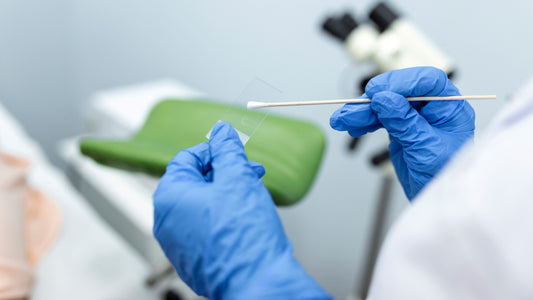11/07/2011
From Dr. Cabeca to Dr. Richard:
Hi Richard,
Do you think that all the Vitamin D replacing will have adverse consequences? and what do you think of replacing D2 vs D3?
Thanks for your thoughts as always!
Best regards,
Anna
Dr. Richard replied:
Hello Anna,
Not at all! Many people are in chronic Vitamin D deficiency, and they are very likely to benefit in multiple ways from oral replacement therapy. On the other hand, I have great concern over the current rush to use 50,000 IU doses without evidence of need for such aggressive replacement. Many people have perfectly adequate Vitamin D without any supplementation, and they can develop vitaminosis D. The problem here is that we know little about how to detect the less-than-overtly toxic excessive D state from clinical observations. The main known issue is lack of adequate vitamin K to allow the chauffer network to move the extra calcium to sites needing deposition (primarily Bone). The long term outcome of this scenario tends to be soft tissue calcifications.
Another area of concern over excess states is that of the other 1, 25-OHD hormone effects being overdone. This involves the immune cell responses where the dance of interactions is complicated and not yet fully understood. The situation here is reminiscent of that for excessive fish oils and, more recently, potentially excessive folic acid. I think we are entering into a new era of nutritional science where some essential nutrients are becoming recognized to be limited in the diet for good reason. If I’m right, then we may start to hear more about heightened awareness of the need to do status assessment before proceeding with aggressive supplementation regimens
The general consensus at this point still holds that the D2 and D3 isomers both act equally to augment circulating 25-hydroxycholecalciferol. A few reports contend to find some differences in utilization efficiencies from oral cholesterol dosing.I find it fascinating that the skin quickly darkens and shifts reaction rates to reduce conversion of cholesterol to D3. That speaks to the importance of normal mechanisms to prevent overrunning optimal circulating levels of pre-hormone.
Kind regards,
Richard



